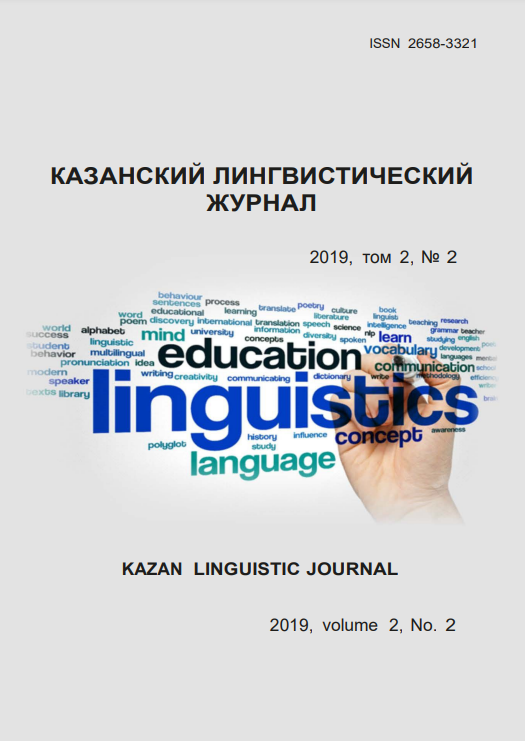Internet-memes in chinese mediasphere as a reflection of modern reality
Keywords:
Chinese Internet, modern vocabulary, Internet meme, media space, Chinese cultureAbstract
The relevance of this problem is due to the penetration of the Internet in all spheres of life, including the increasing influence on the political views of the people. Internet memes are becoming a specific reflection of modern reality and a new kind of socio-political discourse. The purpose of the article is to study and analyze the most popular Internet memes in the Chinese media space, to compare the main trends in modern Chinese and to determine their connection with key events within China and abroad. The leading approaches to the study of this problem are the system-structural approach and comparative-comparative analysis. The main result of the study is the identification of new linguistic and cultural characteristics in the compilation of the Internet meme, which in turn becomes a reflection of the modern language picture of the world. Also, during the study, it was proved that most of the Internet memes are socially or politically colored, some of them penetrate from the unofficial Internet space to a higher language level, are included in the generally accepted active language reserve.
References
Литература
Аликберова А. Р., Урывская Т. А. Современные тенденции в китайском языке: интеграция буквенных слов в языковую систему // Учен. зап. Казан. ун- та. Сер. Гуманит. науки. 2016. Т. 158, кн. 6. С. 1592 – 1601.
Струкова П. Китайские интернет-мемы 2017 года по версии «Жэньмин жибао» // URL: https://magazeta.com/news/memes-2017/ (дата обращения 14.01.2019).
Струкова П. Китайские мемы // URL: https://magazeta.com/2019/01/memes-2018/ (дата обращения 14.01.2019).
Щурина Ю. В. Интернет-мемы как феномен интернет-коммуникации // Лингвистика дискурса, №3. 2012. С. 160–172.
Щурина Ю.В. Интернет-мемы: проблема типологии // Вестник Череповецкого государственного университета, №6. 2014. С. 85–89.
Koetse Manya. The Power of China’s Internet memes // URL: https://www.whatsonweibo.com/the-power-of-chinas-internet-memes/ (accessed: 01.02.2019).
Koetse Manya. When China’s Internet memes become marketing tools // URL: http://www.digitalintheround.com/china-internet-memes/ (accessed: 30.01.2019).
References
Alikberova, A. R.; Uryvskaya, T. A. (2016). Sovremennye tendencii v kitajskom yazyke: integraciya bukvennyh slov v yazykovuyu sistemu [Current trends in Chinese: the integration of letter words into the language system] // Uchen. zap. Kazan. un-ta. Ser. Gumanit. nauki. T. 158, kn. 6. Pp. 1592 – 1601. (In Russian).
Strukova, P. (2017). Kitajskie internet-memy 2017 goda po versii
«ZHehn'min zhibao» [Chinese Internet memes of 2017 according to Renmin Zhibao]
// URL: https://magazeta.com/news/memes-2017/ (data obrashcheniya 14.01.2019). (In Russian).
Strukova P. (2017). Kitajskie memy [Chinese memes] // URL: https://magazeta.com/2019/01/memes-2018/ (data obrashcheniya 14.01.2019). (In Russian).
Shchurina, Yu. V. (2012). Internet-memy kak fenomen internet- kommunikacii [Internet memes as a phenomenon of Internet communication] // Lingvistika diskursa, №3. Pp. 160–172. (In Russian).
Shchurina, Yu.V. (2014). Internet-memy: problema tipologii [Internet memes: the problem of typology] // Vestnik Cherepoveckogo gosudarstvennogo universiteta, №6. Pp. 85–89. (In Russian).
Koetse Manya. The Power of China’s Internet memes // URL: https://www.whatsonweibo.com/the-power-of-chinas-internet-memes/ (accessed: 01.02.2019).
Koetse Manya. When China’s Internet memes become marketing tools // URL: http://www.digitalintheround.com/china-internet-memes/ (accessed: 30.01.2019).






